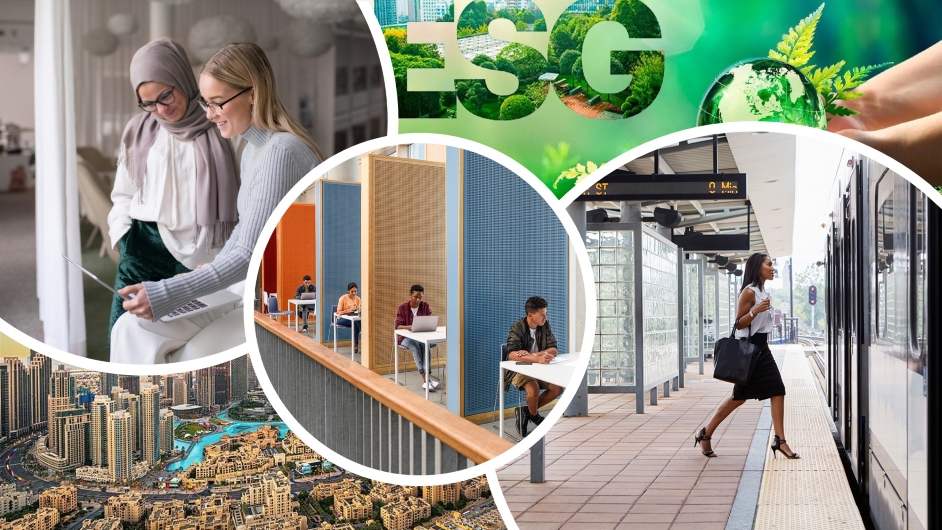2023
UAE Sector Readiness for the 2050 Net-Zero Target
The 2050 Net-Zero target was proposed by a 2018 report of the United Nation’s Intergovernmental Panel on Climate Change (UNPCC), which aims to limit global warming to well below 2 degrees Celsius above pre-industrial levels, with an aim to limit it to 1.5 degrees Celsius. It is a global environmental goal aimed at achieving Net-Zero Greenhouse Gases (GHG) emissions by the year 2050.
In the context of climate change and efforts to combat global warming, Net-Zero means that the total amount of GHG emissions emitted into the atmosphere is balanced by an equivalent amount of greenhouse gases removed from the atmosphere or offset through various means. This is typically achieved through a combination of emissions reductions and carbon removal or offsetting strategies.
Many countries, including the UAE, have developed strategies to achieve the Net-Zero target. At the business and education sectors levels, many organizations implemented plans to assess, monitor, and reduce the GHG emissions attributed to their activities. As an example, many universities in the USA have been working towards the path to Net-Zero since 2006. Another example is that Mckinsey & Company has recently implemented carbon-free on its business travel.

The Results
- More
than 78% of large business organizations have incorporated the concept of
“Sustainability” into their business activities.
- Most
SMBs are aware of the concept of “Sustainability” but have not
incorporated it in their business activities.
- Most
service providers need to assess their GHG emissions and provide the data
to clients to be used to report scope GHG emissions.
- Most
schools and universities are aware of the concept of “Sustainability” and
have incorporated it in their teaching activities.
- The
business and education sectors who have an Office of Sustainability, or a
Quality and Sustainability Department, with specialized professionals, are
more focused on Sustainability than others.
- About
75% of the business and education sectors are aware of
Greenhouse Gases Emissions and only some of them have initiated plans to Net-Zero Target.
- Few
universities have started plans to reduce GHG emissions because it is
required by international ranking, and some of them are adopting reduction
targets that are not based on international standards.
- Universities operating in free zones believe that GHG emissions reduction does not apply to them because the buildings are leased from the Free-Zone authorities, and they cannot install renewable energy sources.
